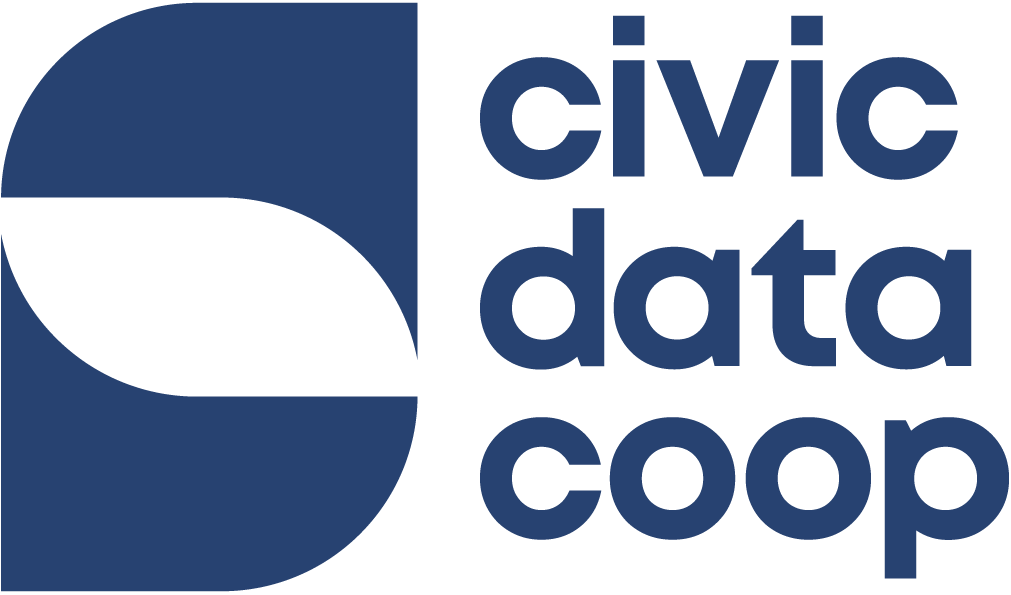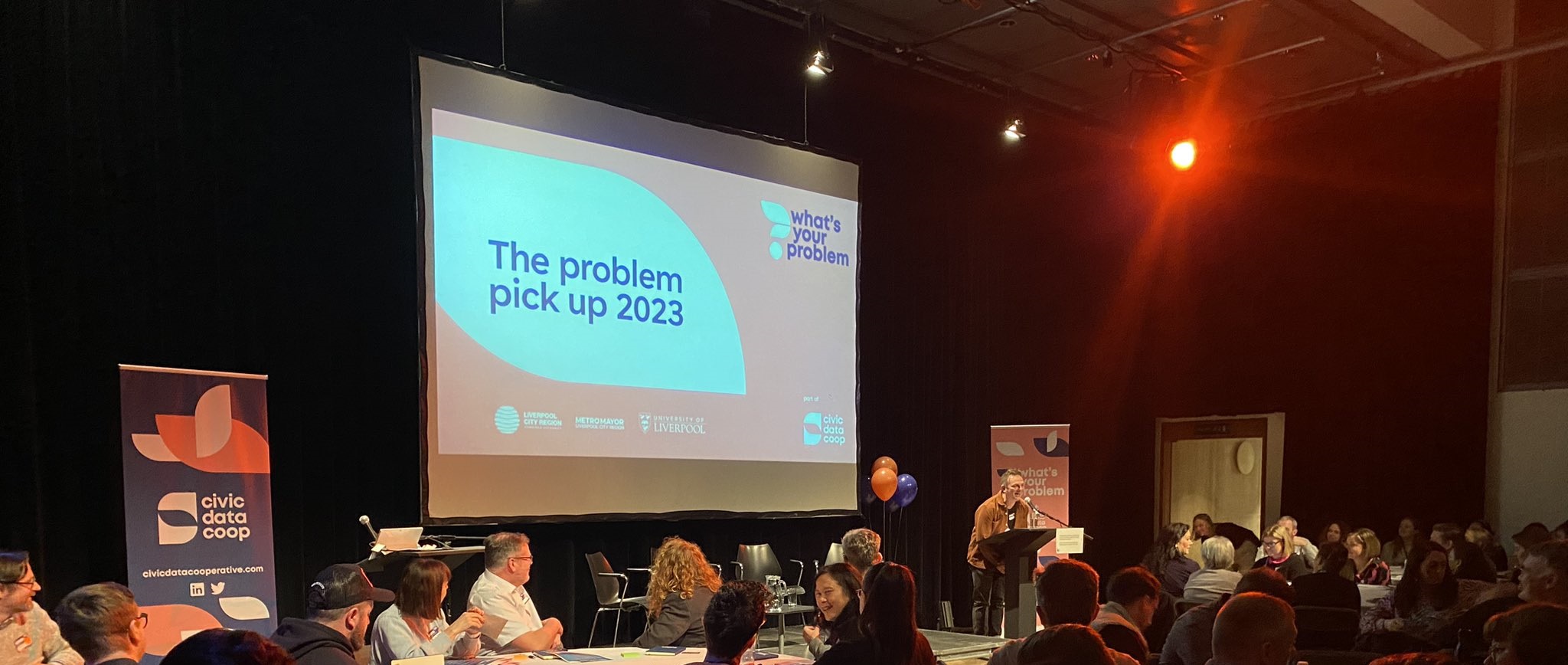What’s Your Problem 2023 has now officially begun, following the Problem Pick Up event on Thursday 2nd February.
Held at the Bluecoat, this event brought together SMEs, public sector representatives, third sector organisations, frontline workers and those with lived experience to discuss one of the biggest challenges facing our City Region today: the mental health crisis.
What’s Your Problem is a four-part programme from the LCR Civic Data Cooperative (CDC) delivered in partnership with Capacity. The programme is specifically designed to remove barriers and open doors between all those involved in health, care and community product & service design, creating the space to find solutions that truly work.
The Problem Pick Up event is the start of the conversation to spark new ideas. Beginning with the problem, its main purpose is to take the time to ask big questions of those in the know, getting under the skin and into the detail of the mental health crisis, and begin building ideas for change around these conversations.
With this year’s problem areas focusing particularly on men and students, the event kicked off with an expert panel to provide valuable insight and context, and to highlight some of their main frustrations working within the mental health space.
Elizabeth Lynch, GP partner at Brownlow Health Centre, emphasised the need for collaboration within the system:
“Mental health needs to be de-medicalised.
“There’s a huge demand on NHS services and the perception is that primary care isn’t good enough; but the truth is, students end up coming to us once they reach crisis point, and all we can offer is medication and long waiting lists for counselling referrals.
“Mental health is often psycho-social, but there is no provision to help with things like feeling isolated, financial insecurity and lack of community that contribute to reaching this point.
“We need solutions that don’t rely on the NHS, but collaboration within communities between different groups where people feel they can turn for help – we can’t keep working in silo.”
Matty Caine, founder and CEO of First Person CIC, added:
“Mental health care not only needs de-medicalising, but de-professionalising too.
“Many services aren’t efficient in the community, because people don’t know how, or don’t want to, access the support that is typically offered by ‘professionals’.
“We can’t bully our way into these communities: we need to collaborate with established organisations who have these connections already, who people trust and will respond to.”
Also on the panel were Sue Forster, Public Health Consultant at Champs, and Paula Harrison, Director of Student Administration and Support at University of Liverpool, who both emphasised the scale of the mental health crisis facing the Liverpool City Region, and the need for services to become more connected and flexible to be able to meet this challenge.
The opportunity to dig into these problems then followed in the breakout sessions. Here, innovators could begin to get to grips with what is really needed to transform the mental health landscape in the City Region, through listening and learning from those who work in and use the existing system.
Open and honest conversation flowed, with one participant labelling the event as ‘the most connected conversation around mental health [they] had seen in 40 years’.
The audience heard from last year’s What’s Your Problem winners, Damibu and Koala, who shared their experience of working with the Civic Data Cooperative since securing funding last year:
“My advice would be to just do it and access the support on offer”, said John Callaghan, project manager at Damibu Ltd.
“We ended up submitting something that we didn’t think anyone would want, and it was accepted – it’s been great working with CDC, we’ve made amazing connections and they’ve been so supportive every step of the way.”
To sum up, Mark Shayler, event host and owner of Ape, talked about the collaborative spirit of the Liverpool City Region:
“This is the city of togetherness. It’s full of little lights that make something big, and today has proven that.
“I hope to be able to look back in a few years and say, ‘Change [in mental health] started in this room, on this day, right in the middle of Liverpool.’”
What’s Your Problem offers the opportunity to access up to £60k in seed funding for ideas that can make real change.
Next up is the Shaping Sessions in March, where idea generators will be matched up with those closed to the problems to build project teams around the area they are more interested in, with support from CDC wherever needed.
If you missed the Problem Pick Up event, it’s not too late to get involved! Contact Roseanne Broadley at Capacity for more information: Roseanne.broadley@thisiscapacity.co.uk




